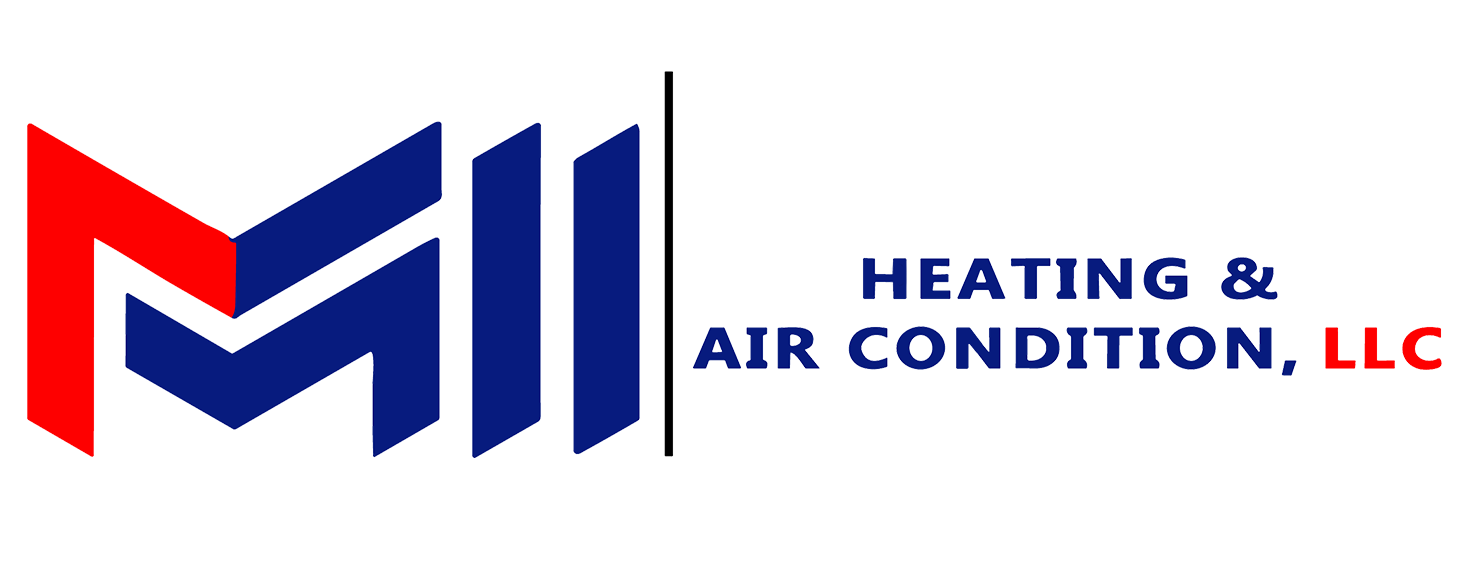
Allergies and AC: Best Practices for Reducing Allergens with AC Systems
Published on November 3, 2023 by Marcel
For many, allergies are a daily struggle, and the home should be a refuge from the sneezing, itchy eyes, and congestion they bring. Your air conditioning (AC) system can either be an ally in this fight or an unwitting contributor to the problem. Here’s how you can ensure your AC system is part of your anti-allergy arsenal.
Understanding Allergens and AC Systems
Your AC system circulates air throughout your home, and with it, potential allergens like dust, pollen, pet dander, and mold spores. Without proper maintenance, your AC can distribute these irritants in every room, which might worsen allergy symptoms.
Best Practices for Allergy Reduction
1. Regularly Change or Clean Your Filters
AC filters are your first line of defense against allergens. They trap particles as air cycles through your system, but when they’re full, their efficiency plummets. Replace disposable filters or clean washable ones every 30-60 days, or more often if you have pets or a busy household.
2. Invest in HEPA Filters
High-Efficiency Particulate Air (HEPA) filters can capture particles as small as 0.3 microns with a 99.97% efficiency, making them extremely effective against common allergens. Ensure your AC system is compatible with HEPA filters before investing.
3. Schedule Regular Maintenance
An HVAC professional can clean parts of the system that aren’t easily accessible, such as the coils and blower. They can also check for mold in the system or ductwork, a significant allergen that can be circulated by your AC.
4. Keep Ductwork Clean
Duct cleaning is a debated topic. While the EPA states that no evidence shows that duct cleaning prevents health problems, many people report an improvement in air quality after cleaning, especially if mold or substantial debris was present.
5. Consider a Dehumidifier
Moisture control is key in fighting mold and dust mites, both of which thrive in high humidity. Your AC helps dehumidify your home, but in very humid climates or homes, a dehumidifier can be a valuable addition.
6. Use an Air Purifier
Portable air purifiers with HEPA filters can complement your AC system by targeting areas where you spend the most time, such as bedrooms or living areas.
7. Seal and Insulate Your Home
Make sure your home is well-sealed and insulated to prevent outdoor allergens from seeping in. This can also improve the efficiency of your AC system.
In Conclusion
Living with allergies can be challenging, but your AC system can be a powerful tool in minimizing your exposure to common allergens. By following these best practices, you can enjoy a fresher, cleaner home environment and reduce the impact allergies have on your daily life.
For personalized advice and professional maintenance, reach out to our team. We’re committed to helping you breathe easier, all year round.
